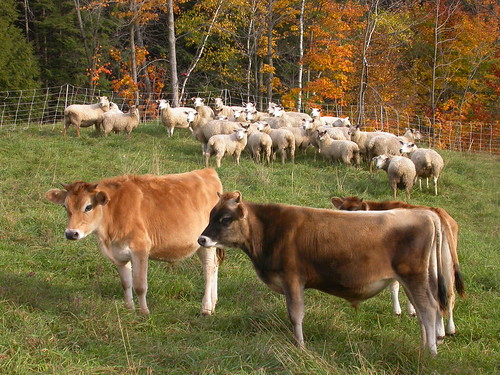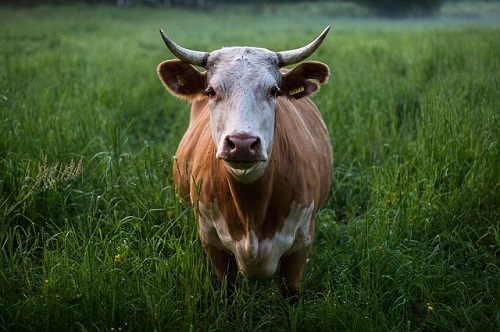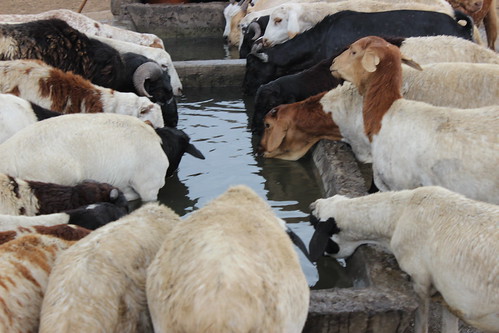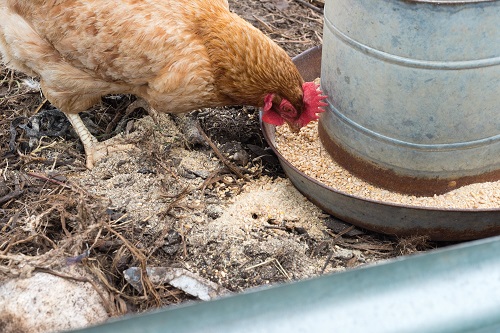Feeds are important to animals but not the most important to animals. The most vital is the overall nutritional composition of the feeds that are given to animals. It is these nutrients that animals utilize for good performance. This is why farmers should feed their animals with nutrient-rich feeds for the animals to perform optimally.
Types of Nutrients Required by Animals
Just like any human diet, animals can only thrive if they eat the right, nutritious diet that has been put together for them. The difference is obviously that they need their diet to be supervised by their breeders and if the breeders are not armed with the right information, they will not be able to supply them with the nutrients that they need to perform well.
As the caretaker of animals, it is your responsibility to put together the proper rations of their diet to ensure that all of the proper nutrients are featured in their diet. There are 6 basic components that you must take into consideration when putting together your nutrition program.
Energy
Energy is a critical element in the diet of animals as it provides them with a source of power for the work that they are required to do. During the developmental stages, it is also the source of their growth, their ability to reproduce and lactate (dairy). The amount of energy the animal will have is determined by the types of nutrients that are in the feed itself. As you would with your diet, you need to monitor the composition of the feed to ensure that the makeup of the feed is as it is needed for the animals.
Protein
Protein is the main component in the muscle, internal organs, hair and skin structure. The protein will be provided in the feed that you give the animal. The proteins will provide livestock with the essential amino acids that they are required to have. The exact species that you have will dictate the actual makeup of the feed.
Fiber
The right fiber content is extremely important as it allows the proper digestion and passage of the nutrients that the animal is consuming.
Minerals
Minerals are key to the actual health of the animal. They directly affect the immunity systems of the animals. You are going to primarily deal with two types of minerals when working on the nutrition plan of animals, macro-minerals and micro-minerals. The macro-minerals like calcium and magnesium will need to be consumed in larger amounts than the micro-minerals such as iron, copper and zinc.
Vitamins
You can regard vitamins with the same importance as minerals in that they are essential in the proper development of animals. They are instrumental in the physiological makeup of the animal and if not properly supplied, will have significant negative effects. Like minerals, there are two major categories of vitamins, fat-soluble vitamins and water-soluble vitamins, that you will have to supply in the feed. Depending upon the breed and exactly how they are fed, you may find that a lot of the vitamins that are necessary for the animals are found in the forage and naturally produced by the animal.
Water
It would seem to be a very common item and something that would not be overlooked, however, it is something that a lot of people, in fact, do take for granted and do not plan in the diets of their livestock. Just like a human being, water is a natural resource that their bodies need to perform basic bodily functions. Water is one of the main components of flushing your system of normal toxins and keeping your system properly hydrated.
Some feeds or feed ingredients contain some or all these nutrients but are in different quantities. That is why the proximate analysis of feeds or feed ingredients must be done before the formulation of a ration is carried out. You can have the analysis done in any nutrition laboratory or through the help of a nutritionist. There are also levels of inclusion at which these ingredients must be included which vary with different animal species, so as to avoid wastage of resources and causing damage to the animal’s health.
Factors that determine the feed intake of animals
Feeding of animals is necessary, but there are some things that need to be considered, and they determine the quantity of feed taken by the animals. These must be known so as to avoid wastage or shortage of available feeds. The following must be considered before feeding animals:
- Climatic/weather condition: The condition of the climate or weather determines the feed intake by animals. In hot weather, they take less feed and drink more water and vice-versa during cold weather.
- State of health: A sick animal will always have less or no appetite for feed than a healthy animal.
- Nature of the feed: Animals have more interest in pelleted feeds than fined or powdered feeds. They take more of the pelleted feed. Palatability of feed must be noted because, the more palatable the feed, the more the feed intake.
- Availability of water: Water must be available ad libitum (always) for animals before and after giving feeds to them. Animals will take enough feed when they have sufficient water to drink during and after feeding.
- The physiological state of the animals: The physiological state of an animal will determine the quantity of feed it’s going to consume. For instance, animals nursing young ones would consume more feed than those that are not. Likewise, dairy cows that are being milked regularly would consume more feed and water than dry cows.
The points above should be noted by livestock farmers before the quantity of feed to be given to their animals is determined. The principle of livestock feeding and nutrition must be understood and applied in livestock farms. To get the best from your animals, it is required of you to give them nutritious feed and adequate water. It is when your animals are ‘happy’ with the feed you give them that they will reciprocate by performing well.



